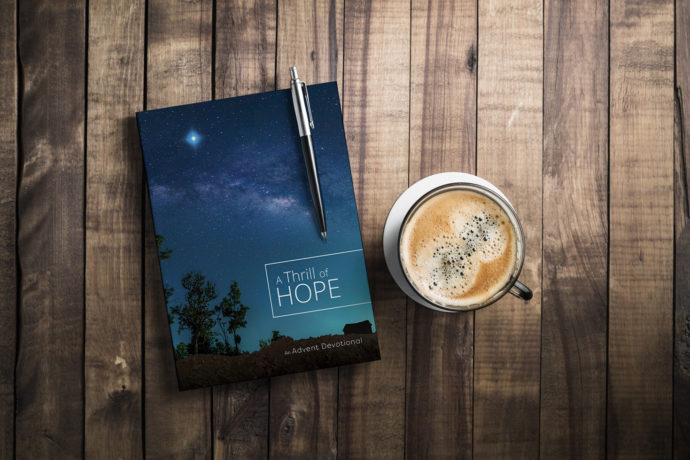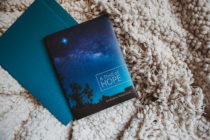Recently, I was in a planning meeting with leaders, planners, and singers in our local music ministry. These are smart, committed, talented, and thoroughly Christian people whom I love and believe in. I mentioned to them, in their planning, to please save songs like “Joy to the World” and “Silent Night” until the end of Advent, closer to Christmas.
One person around the table said, “I have never heard a pastor talk like this before. I like it!”
Chances are they have heard this said before, but it is repeated so rarely in our denominational stream that it has not landed in the consciousness of even our best laypeople. When Shine FM, K-Love, or your local Christian or soft rock station starts playing Christmas tunes, we tend to grab our peppermint mochas and declare that Christmas is here! But Christians are, fundamentally, a people who tell time differently than the rest of the world. While our culture drives recklessly toward anything that will satisfy them, we are a people who are called to patience.
Advent can offer an alternative to this culture of numbness. Rather than filling ourselves with the American drugs of consumerism, business, and hustle, Advent prescribes patience and pregnant anticipation. Advent is our opportunity to relive waiting upon the Messiah of the ancient Jews. We do not still wait for a baby to be born, of course, but because of his first coming—fulfilled in a manger in Bethlehem—we prepare ourselves, in solidarity with the ancients, for his second glorious coming.
Advent is a Latin word that means “coming” or “visit.” The season of Advent ends at Christmas, when we celebrate the birth of our Savior, Jesus Christ. That celebration reminds us that God responds to our hopes by delivering to us the gift of salvation. As such, we end our patient waiting with a reminder that God will fulfill that wait with the gift of Christ coming in fullness. We practice waiting so that we will be, in practice, prepared when Jesus makes his glorious return.
Pastors, help your people wait for Christ well! Christians, don’t get caught up in following Walmart or Target’s schedule for your life with all the spending, the hustle and bustle, the realized hope. Be sober, calm, patient, hopeful. Let Christmas come when it comes. It will be excellent practice for us as we wait patiently for Christ in the midst of a contentious world trying to offer a realized hope that is nothing more than a drunken stupor of consumerism, politics, sectarianism, factions, and anger. We wait for that which is better than this!
The Foundry Publishing offers some assistance to help us navigate this ancient tradition many of us have accidentally forgotten. On my desk right now is a powerful devotional tool called A Thrill of Hope, written by outstanding pastors and thinkers, many of whom I am blessed to call friends. If you are struggling to think of how to reintroduce this practice of calm in the midst of aimless busyness, I can think of no better Wesleyan-Arminian resource to help us center ourselves on spiritual practices in a season that should cultivate hope.
Hope has lost its luster in 2018. We have been trained to want what we want now, armed with tools like loans and credit cards, and hope seems to be a gift that never arrives. Better, we imagine, to take our fate into our own hands. These are the narratives of Christmas that our consumeristic world narrates to us.
But recapturing the wonder—nay, the thrill—of hope may be the best gift our churches receive this December. Help them hope again. What a gift the Christian calendar gives to a people longing for the appearance of our Lord! Instead of participating in schedules that cause us to become bleary-eyed, instead of purchasing presents that will be forgotten by mid-January, instead of drinking our anxieties to the point of numbness, let us instead participate in spiritual practices that center us on Christ, that slow us down, that thrill us with hope, rather than exhaust us with unfulfilled expectations.
May we learn again this Advent how to hope well.
Learn more about A Thrill of Hope and the resources available here.








0 Comments